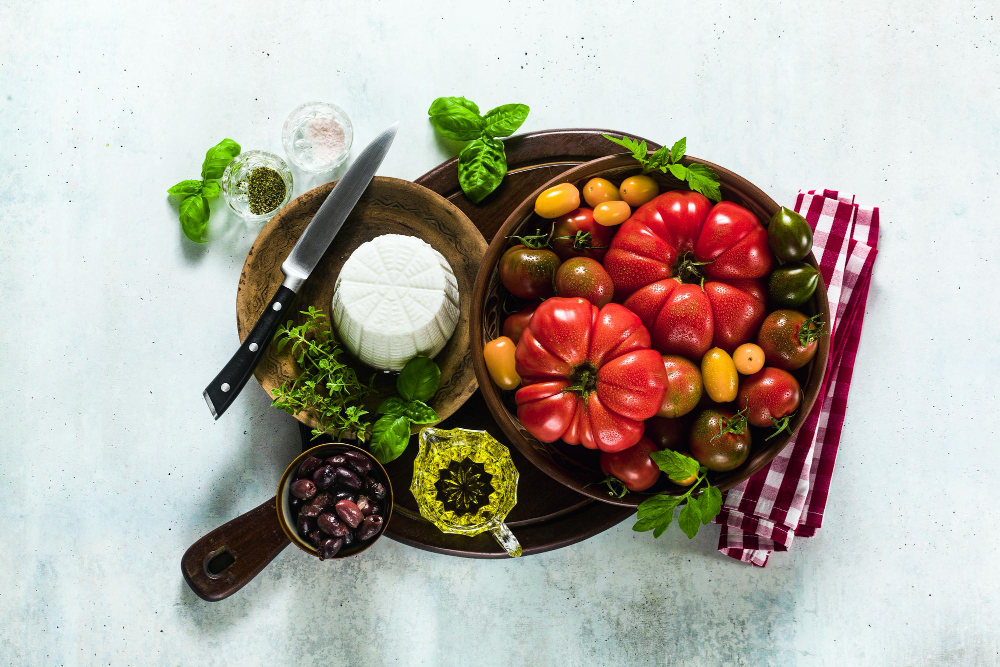Believe it or not, there are some religious people who avoid eating certain vegetables. For example, some Hindus do not eat onions because they believe that the onion’s strong odor is offensive to Lord Vishnu. Similarly, Muslims do not eat pork because the Quran forbids them from doing so. While there are many reasons why people might choose to avoid certain vegetables, religious reasons are among the most common.
Table of contents [show]
Because they believe that certain vegetables are unclean
These people often avoid eating these vegetables altogether. The specific vegetables that are avoided vary depending on the religion. For example, some Orthodox Jews avoid eating squash and cucumbers because they resemble the forbidden fruit mentioned in the Bible. Muslims generally do not eat pork, so they also avoid pork-based products like ham and bacon. Hindus avoid eating beef because they consider cows to be sacred.
Because they believe that eating certain vegetables will make them impure
For example, in Hinduism, there are certain vegetables that are considered to be natural impurities and are therefore avoided by many Hindus. These vegetables include garlic, onions, and mushrooms. Some Hindus also avoid eating meat, as they believe it is impure. In Islam, there is a similar concept of impurity, but it is not as strict as in Hinduism. Muslims are allowed to eat all vegetables, but they should avoid certain meats, such as pork and birds of prey. Jews have a similar concept of impurity, but they also have dietary laws that prohibit the eating of certain foods, such as pork and shellfish.
Because they think that certain vegetables are poisonous
For example, in the Hindu religion, there is a belief that certain vegetables are poisonous because they contain toxins that can harm the body. This belief is based on the idea that some plants absorb toxins from the soil, which can then be passed on to humans who eat them. While there is no scientific evidence to support this claim, many Hindus avoid eating certain vegetables, such as tomatoes, potatoes, and eggplants, as a result of this belief.
Because they consider certain vegetables to be unlucky
For example, many Hindus believe that eating onions and garlic is unlucky because they are thought to increase the body’s heat. Muslims avoid eating pork because it is considered unclean. Some Buddhists avoid eating meat because they believe it causes violence and suffering. Jews avoid eating pork because it is considered unclean. Christians avoid eating certain foods during Lent, including meat, because they are supposed to be fasting.
Because they believe that consuming certain vegetables will lead to bad karma
For example, Hindus believe that eating onions and garlic will make them impure, so they avoid these foods. Buddhists also have dietary restrictions, such as not eating meat, because they believe that it causes suffering to animals. Muslims follow the halal diet, which includes avoiding pork and alcohol. Jews follow kosher dietary laws, which prohibit the consumption of certain animals and animal products. Some religious people believe that certain plants have power or energy that can be transferred to humans, so they avoid eating them
Because they think that certain vegetables will give them indigestion
For example, some Hindus avoid eating onions and garlic because they believe that these vegetables will make them feel sick. Muslims also have a similar belief; they think that eating certain vegetables will make them ill. Jews also have this belief, but to a lesser extent. They don’t completely avoid eating these vegetables, but they do eat them in moderation.
Because they believe that certain vegetables are not healthy for them
Some religious people believe that certain vegetables are not healthy for them and should be avoided. These vegetables may be considered unclean or impure, and eating them is thought to bring physical and spiritual harm. In some cases, religious people may also avoid certain vegetables for symbolic reasons – such as those that are associated with death or mourning.
Because they think that certain vegetables are bland and tasteless
While this may seem like a silly reason to some, it actually makes perfect sense when you think about it. After all, if something is truly flavorless, then it stands to reason that it would be unappetizing and unenjoyable to eat.
Because they believe that their religion forbids them from eating certain vegetables
For example, many Hindus believe that the cow is a sacred animal and therefore refrain from eating beef. Similarly, some Muslims and Jews do not eat pork as it is considered unclean in their religious texts.
In other cases, avoiding certain vegetables may be a way of showing respect for religious beliefs or customs. For example, many Hindus do not eat garlic or onions as they are considered to be impure and unclean. Similarly, some Buddhists avoid eating garlic and onions as they are believed to cause anger and aggression.
Because they have personal preferences and do not like the taste or texture of certain vegetables
Some may have personal preferences and simply do not like the taste or texture of certain vegetables. Others may believe that certain vegetables are unclean or impure, and therefore avoid them for religious reasons. Still others may believe that eating certain vegetables is contrary to the teachings of their religion.
Takeaway
It’s interesting to think about why some religious people avoid certain vegetables. One possibility is that they believe these foods will make them sick, but another explanation could be that these foods are considered unclean or impure. What do you think? Why do you think some religious people avoid certain vegetables?

